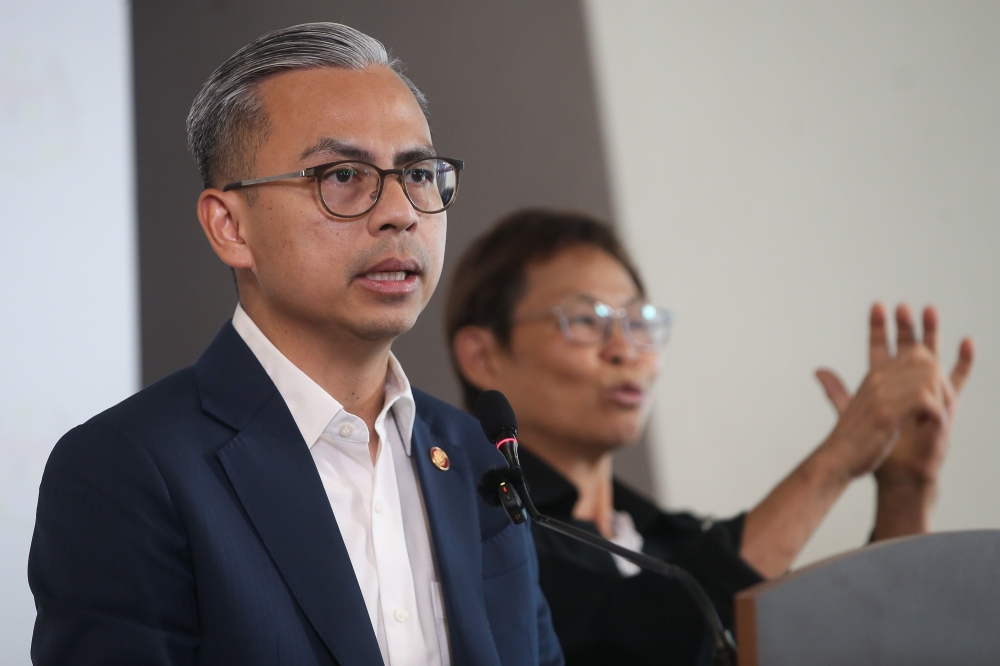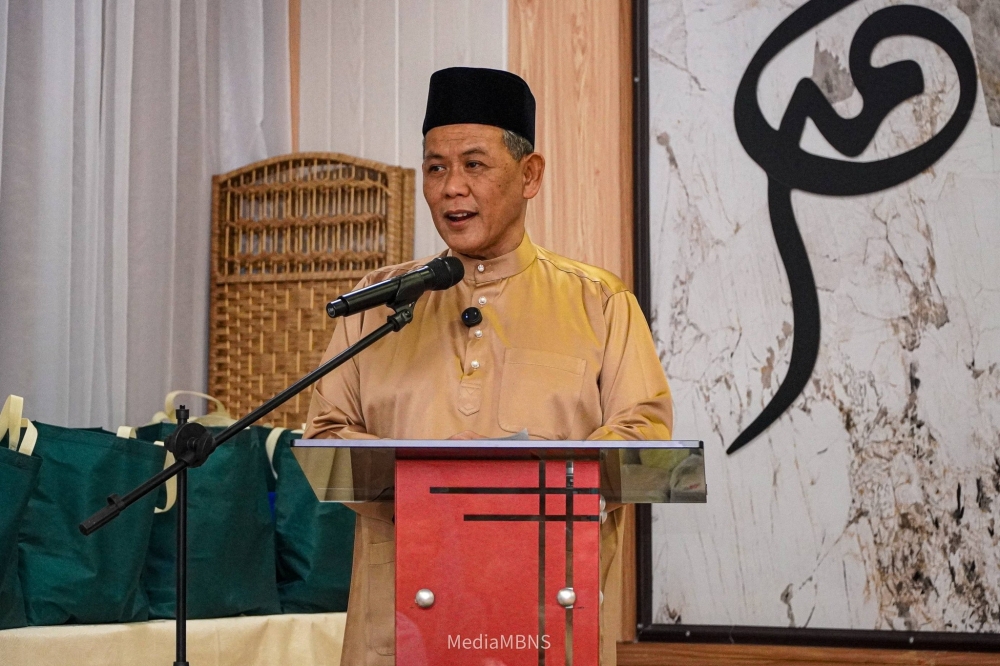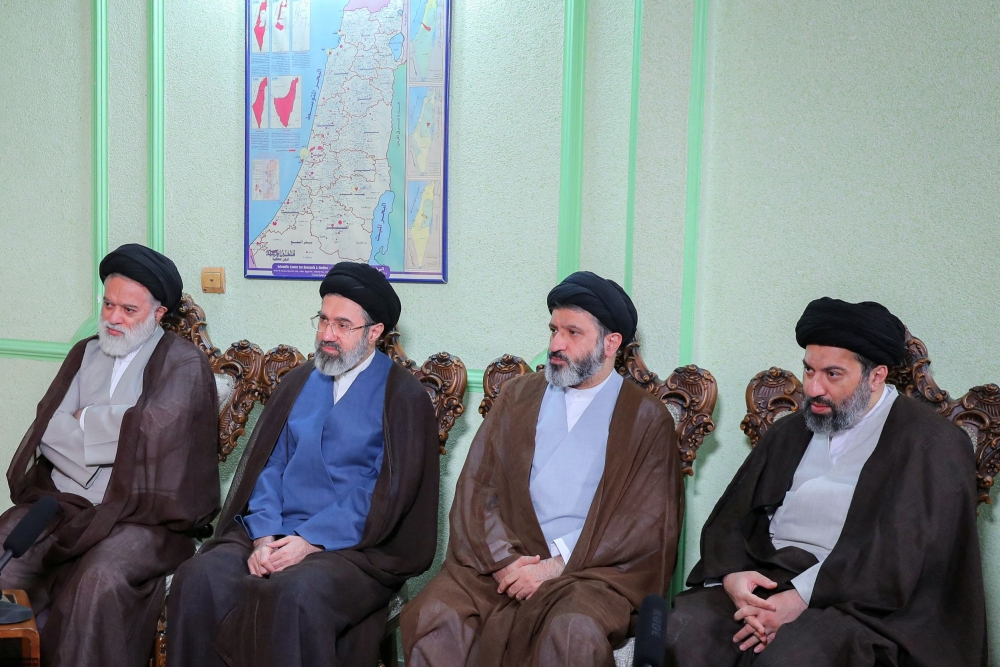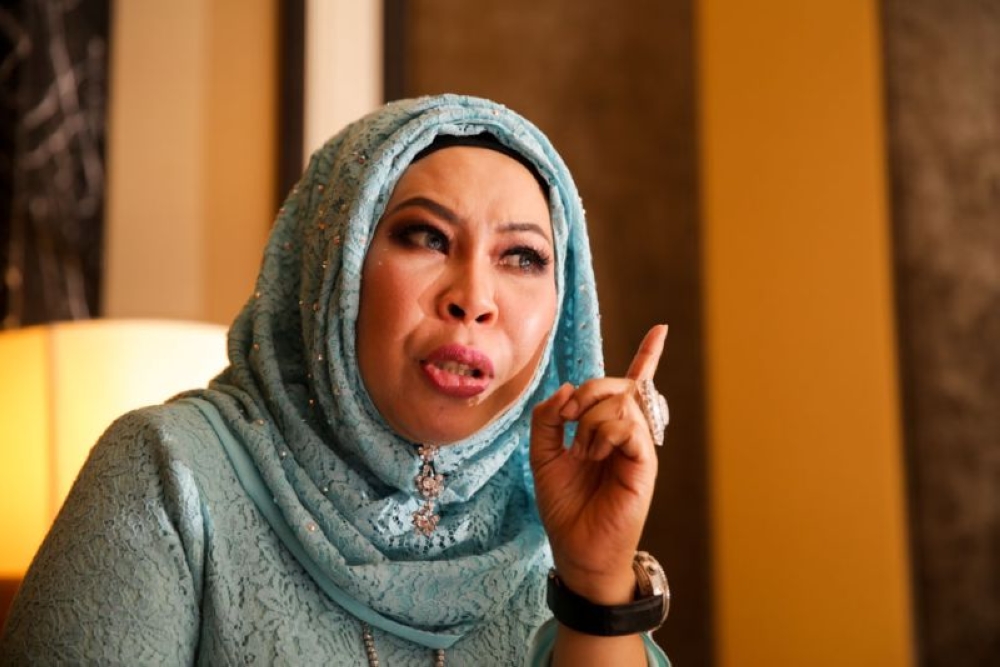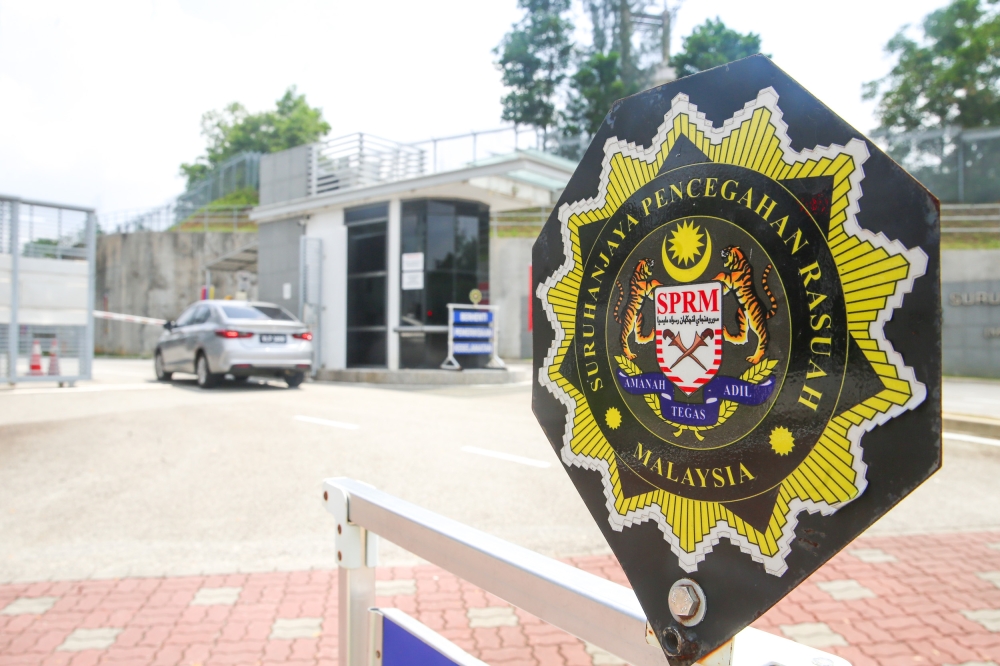KUALA LUMPUR, April 20 — The number one cause of separated marriages in Malaysia last year was communication breakdowns, according to a study released today by women’s advocacy group Sisters In Islam (SIS) that is behind the legal aid clinic dubbed Telenisa.
The study noted that domestic violence has fallen to second place for the first time in three years, after topping the list from 2018 until 2020.
“Communication breakdown was the most stated reason for divorce recorded, at 25 per cent. Domestic violence fell as the second most reason for divorce in 2021, at 23 per cent, and it has remained as the top four recorded reasons for seeking divorce since 2018.
“The third most recorded reason for divorce in 2021 at 20 per cent was a situation when the husband fails to provide maintenance, an increase from 18 per cent in 2020. Infidelity was the fourth most recorded reason at 11 per cent, followed by polygamy at eight per cent,” it was announced during the study findings revelation breaking fast event at Grand Millennium Hotel here.
SIS senior legal officer Ireeny Muzammel told Malay Mail their clients said that they no longer shared the same mindsets with their partners.
“Every single time they try to have a conversation or a sound discussion with their partner, it always ends up with them arguing even more and making things worse than it already was,” she said.
Additional Ta’liq still taboo among Muslim couples
At the same event, SIS also said the Ta’liq, a marriage agreement between Muslim couples, remained underused in the country.
The Ta’liq could be interpreted as a “safety net” for the wife, and is meant to be recited by the husband during marriage solemnisation (akad nikah), in which he makes vows to her.
These vows include not mistreating her, not abandoning her for four consecutive months, not failing to provide financial support for the same period, and not causing any harm or abuse to her. A breach of these vows would entitle the wife to seek a divorce.
Ireeny said the Ta’liq remained underused despite there being standard texts for recital in all of the country’s states.
“The most highly requested additional conditions or ta’liq are the husband must not be allowed to enter polygamous marriage without consent, the second is the husband must not hinder the wife’s right to continue her education or go to work,” she said.
She said Telenisa clients have complained that marriage registrars often ridiculed and rejected the additional ta’liq, even when the groom and the bride agreed to include these before entering their marriage.
“The marriage registrar or the religious authority officers would insinuate that there are complicated procedures for this to be done, i.e. it needs to get approval and registration from the Syariah Court.
“The truth is, there is no such requirement under the law for such application to be done first prior to the registration of additional ta’liq. It is clear under the law that the marriage registrar has a duty to register any other additional provisions that are already agreed by both bride and groom,” she added.
Earlier today, the women’s advocate group unveiled the annual Telenisa Statistics and Findings for the sixth year through its legal clinic that has been operating since 2003.




